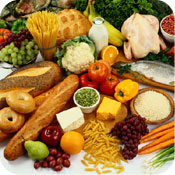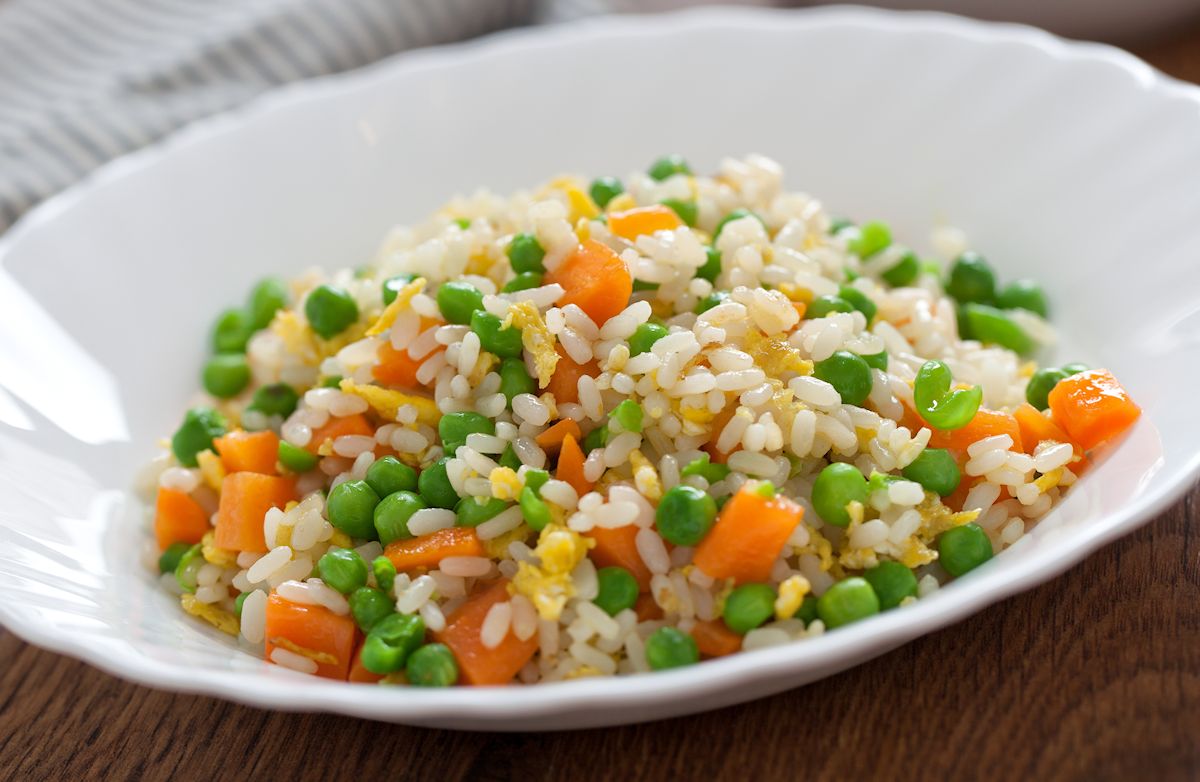 Step into any supermarket these days and you're sure to find a wide variety of organic foods on the shelves. From produce, milk and meat to breakfast cereals and snack foods, consumers have their pick of certified organic products-a far cry from the time when you could only find organic items in natural foods stores. The demand for organic foods continues to grow. According to the Organic Trade Association, organic food sales have grown about 20 percent in the past five years, with 2006 sales expected to exceed $15 billion. More than half of Americans have tried organic products, and this number is expected to increase as more people become aware of the long-term effects of pesticides and chemicals.
Step into any supermarket these days and you're sure to find a wide variety of organic foods on the shelves. From produce, milk and meat to breakfast cereals and snack foods, consumers have their pick of certified organic products-a far cry from the time when you could only find organic items in natural foods stores. The demand for organic foods continues to grow. According to the Organic Trade Association, organic food sales have grown about 20 percent in the past five years, with 2006 sales expected to exceed $15 billion. More than half of Americans have tried organic products, and this number is expected to increase as more people become aware of the long-term effects of pesticides and chemicals. People buy certified organic foods because they believe organics are healthier than conventionally farmed foods. (Read "Why Go Organic" to learn more.) But adding organic foods into your diet can be expensive! Does your whole diet have to be organic or are some conventionally grown foods just as healthy? Prices for organic foods have dropped in the past five years, but organic items are still generally more expensive than conventionally grown foods. If you would like to buy organic anyway, here are some tips to make an organic diet more affordable:
|
Organic on a Budget
Invest in Your Health for Less
Page 1 of 2 Next Page ›






Member Comments